The announcement to restore diplomatic relations between Iran and Saudi Arabia, made on Friday in a joint statement with China, has been widely welcomed around the globe as a victory for peace and dialogue.
Analysts and media praised China for its role as a peace broker and efforts to facilitate dialogue.
VICTORY FOR PEACE
Tehran and Riyadh have expressed hopes of opening a new chapter in ties and appreciation for China's help.
"We value the agreement we reached and hope we will continue to maintain a constructive dialogue ... while expressing the value and appreciation we attach to the continuous, positive role played by the People's Republic of China in this regard," said Musaad bin Mohammed Al-Aiban, the Saudi representative and the country's national security advisor.
Likewise, his Iranian counterpart and Secretary of Iran's Supreme National Security Council Ali Shamkhani said, "clearing misunderstandings and looking to the future in Tehran-Riyadh relations" will lead to the development of regional stability and security and the increase of cooperation between regional countries.
Shamkhani further appreciated China's "constructive role" in supporting the development of relations between countries, which is necessary to solve challenges, increase peace and stability, and promote international cooperation, Iranian media reported.
Various countries and parties in the Middle East, including Egypt, UAE, Jordan and Iraq, also welcomed the Beijing agreement. "We welcome the agreement between Saudi Arabia and Iran to resume diplomatic relations, and we hail the Chinese role in this regard," Anwar Gargash, diplomatic advisor to the UAE president, tweeted.
"The UAE believes in the importance of positive communication and dialogue among the countries of the region towards consolidating the concepts of good neighborliness and starting from a common ground to build a more stable future for all," he said.
Meanwhile, the United Nations applauded the Saudi-Iranian agreement to re-establish diplomatic relations and praised China's role in the process.
"The secretary-general has expressed his appreciation to the People's Republic of China for hosting these recent talks and for promoting dialogue between the two countries," UN spokesman Stephane Dujarric said while praising efforts by other countries, such as Oman and Iraq.
WHY CHINA?
Analysts noted that China respects the stature of regional countries and opposes geopolitical competition in the Middle East. Such an approach has helped China gain credibility in the region.
China has put forward practical initiatives in global security that respect and consider the interests of all parties, Liu Lanyu, an Iran expert at the Institute for International and Area Studies of China's Tsinghua University, told Xinhua.
Liu said that China has no history of colonization or interference in the Middle East, adding that regional countries like Iran and Saudi Arabia now embrace China as a security solution provider when seeking peace.
"China's public role in today's announcement shows its interest in doing something that few other countries could have done: gaining the confidence of both sides," said Thomas S. Warrick, a nonresident senior fellow at the Atlantic Council's Scowcroft Center for Strategy and Security.
Similarly, Jonathan Fulton, a nonresident senior fellow for Middle East Programs at the Atlantic Council, said that Beijing has been able to intensify relations on both sides of the Gulf while building diplomatic capital in a way that other extra-regional powers cannot.
The International community needs to appreciate China for its role as a country that is working for peace and stability in the world, said Mohammad Reza Manafi, editor-in-chief for the Asia-Pacific news desk of Iran's official news agency IRNA.
"China has convinced the world that it believes that if there is peace and friendship among the countries in the world, it will be to the benefit of all people around the globe, and war and hostility would never serve humanity," Manafi said.








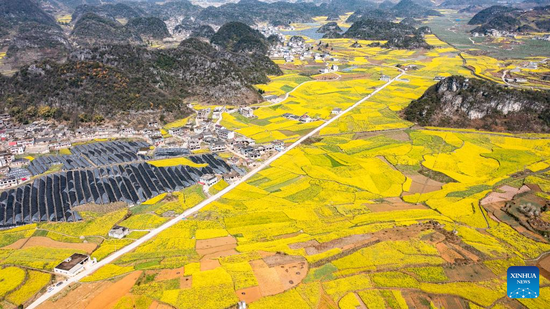
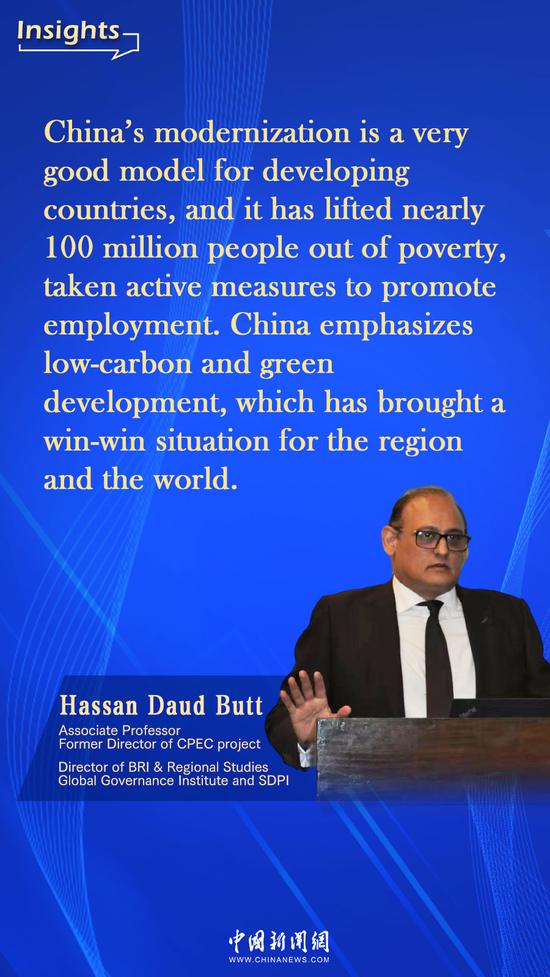
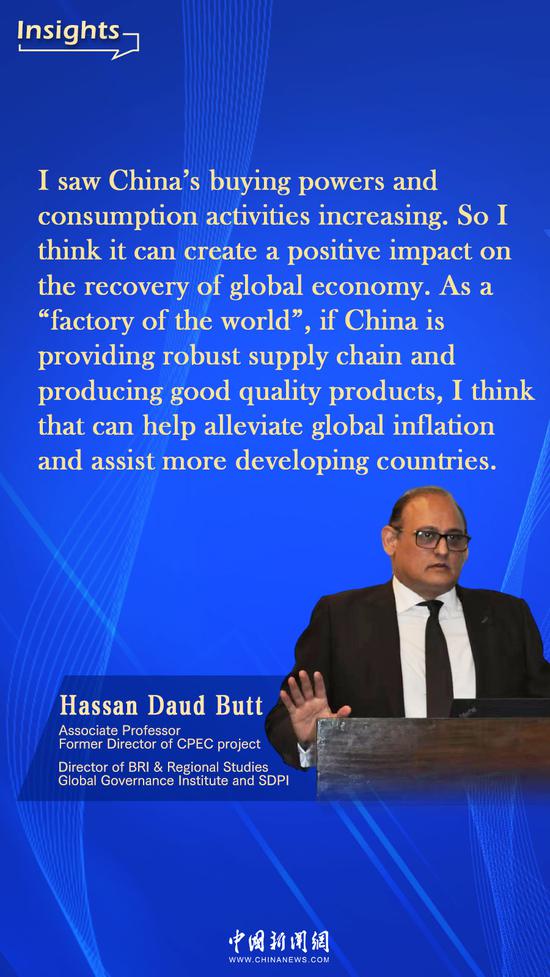

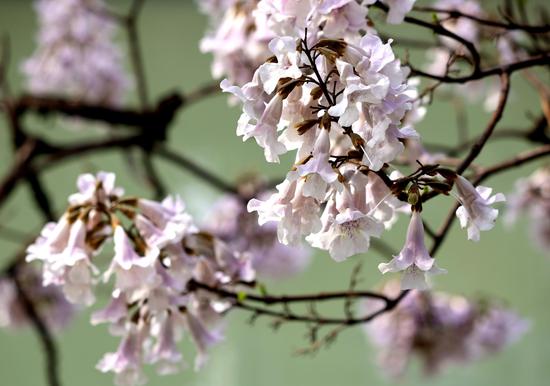

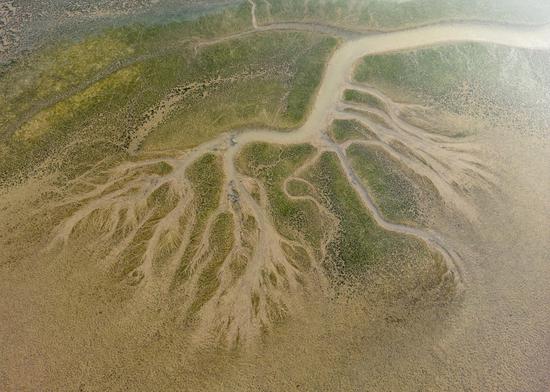
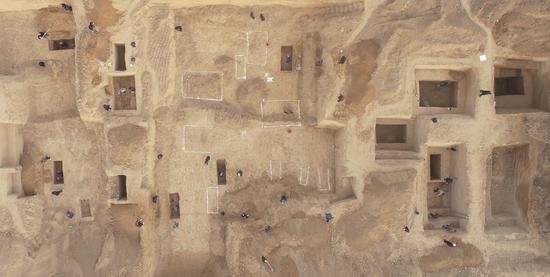

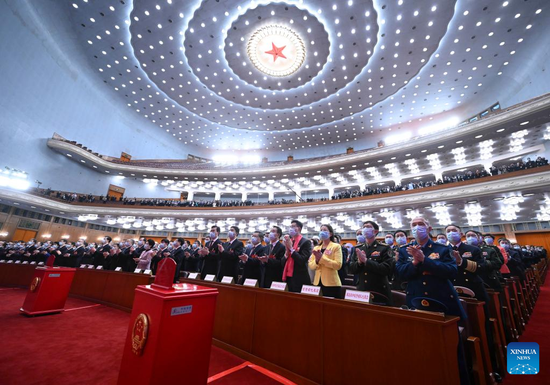
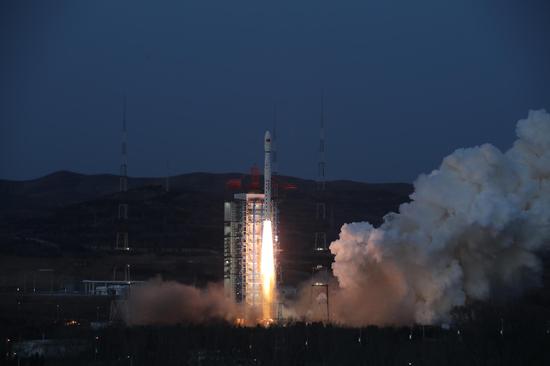


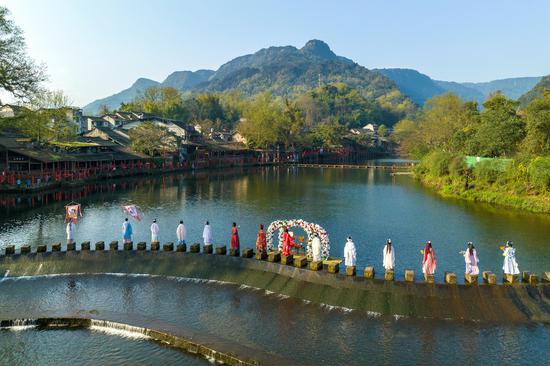
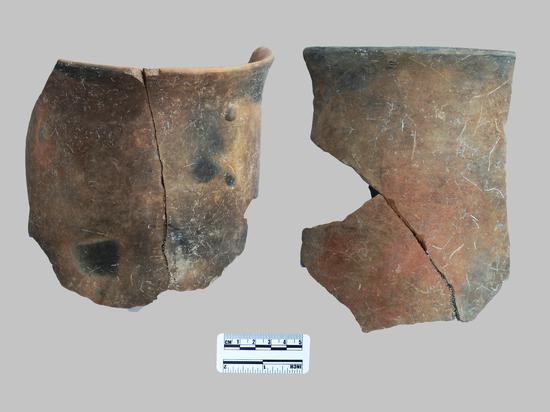
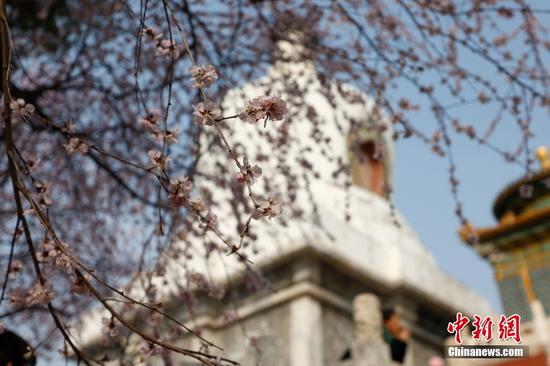
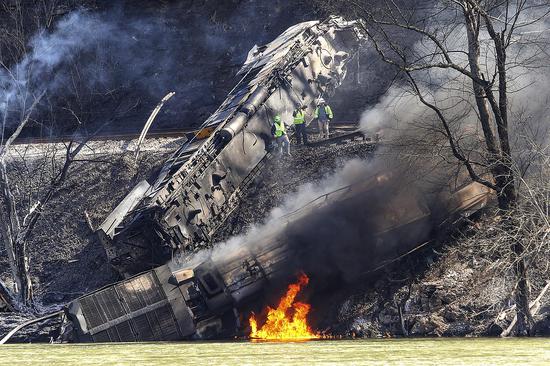

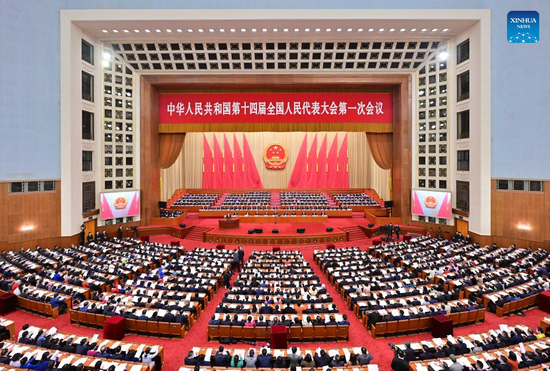
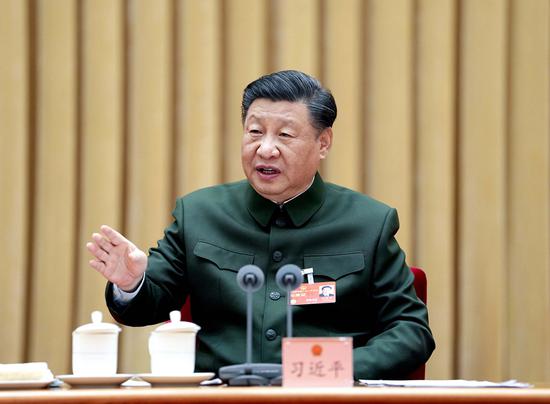
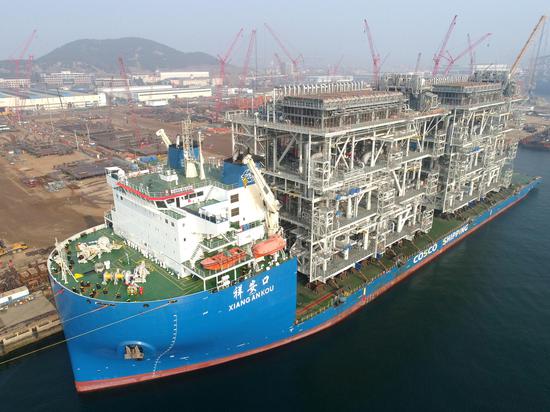
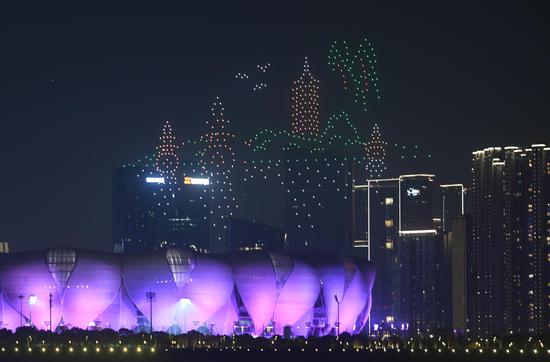


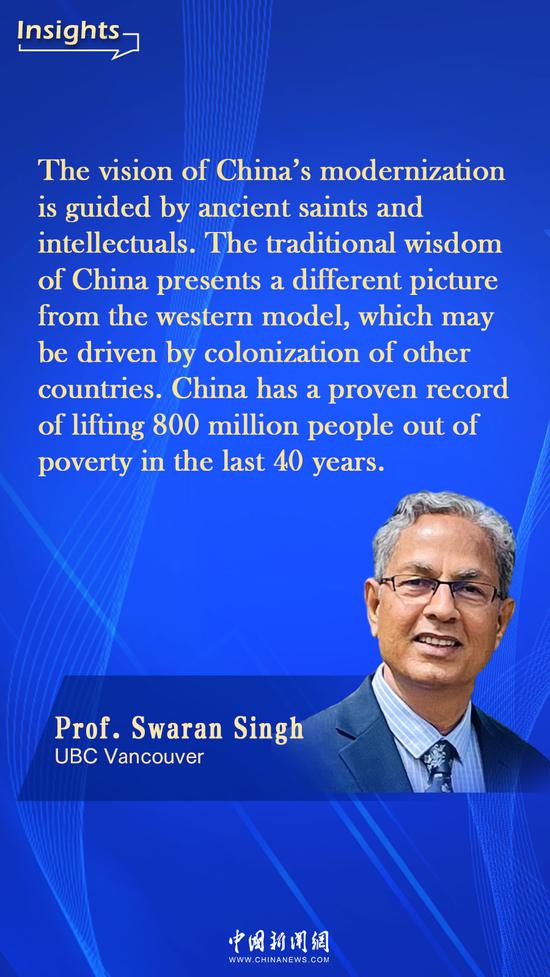
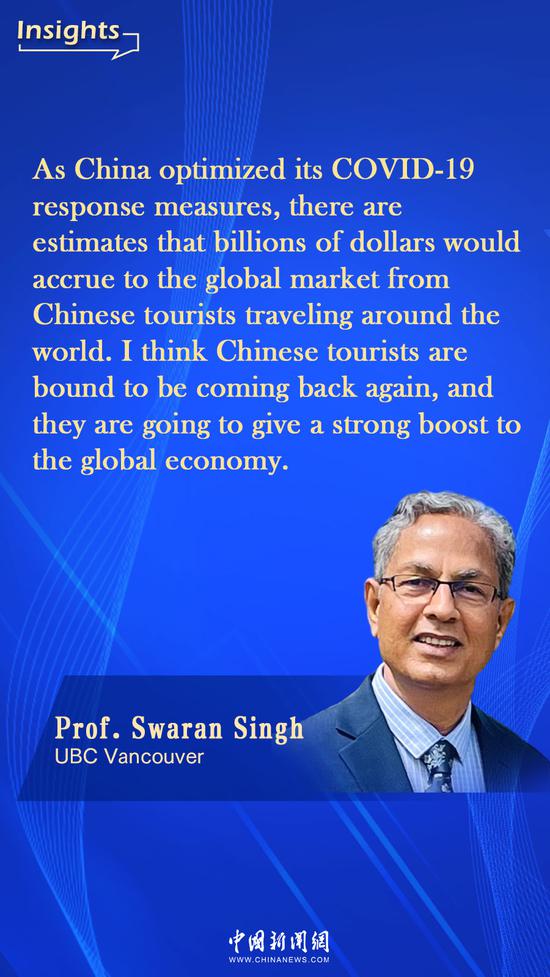

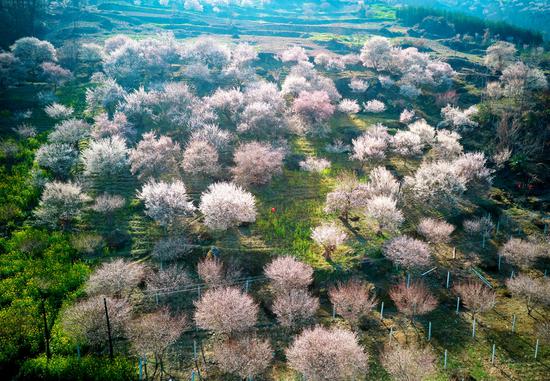
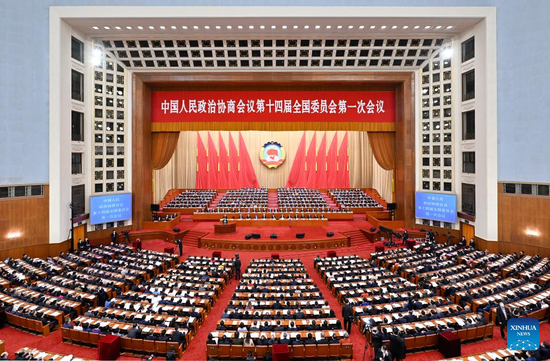
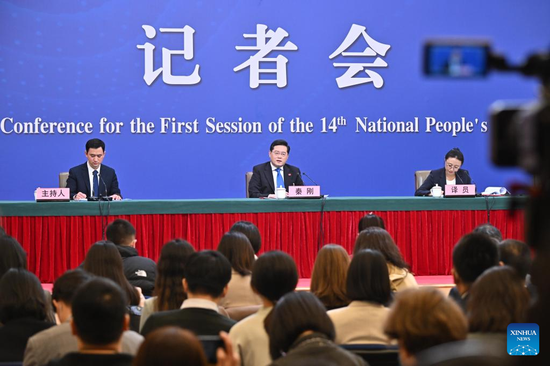
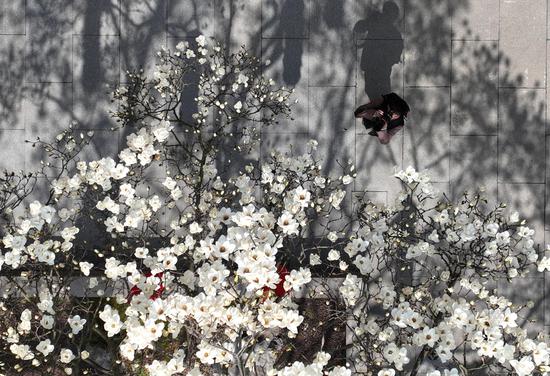
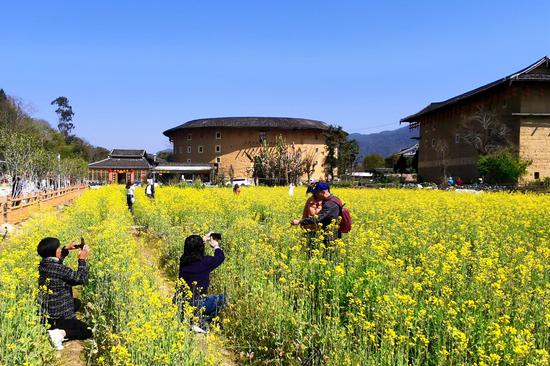
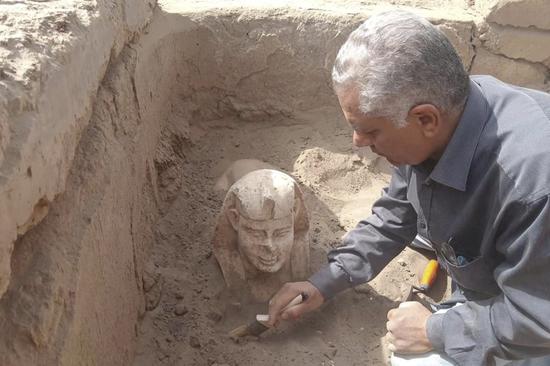
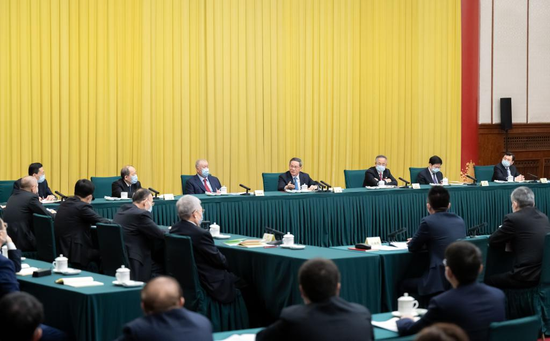
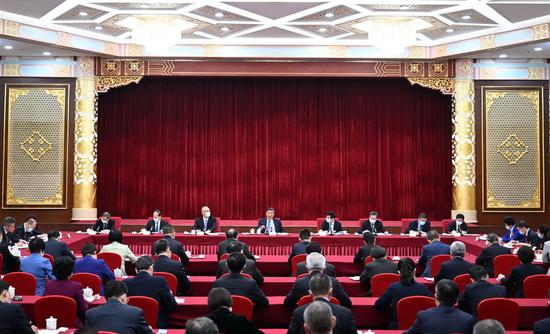
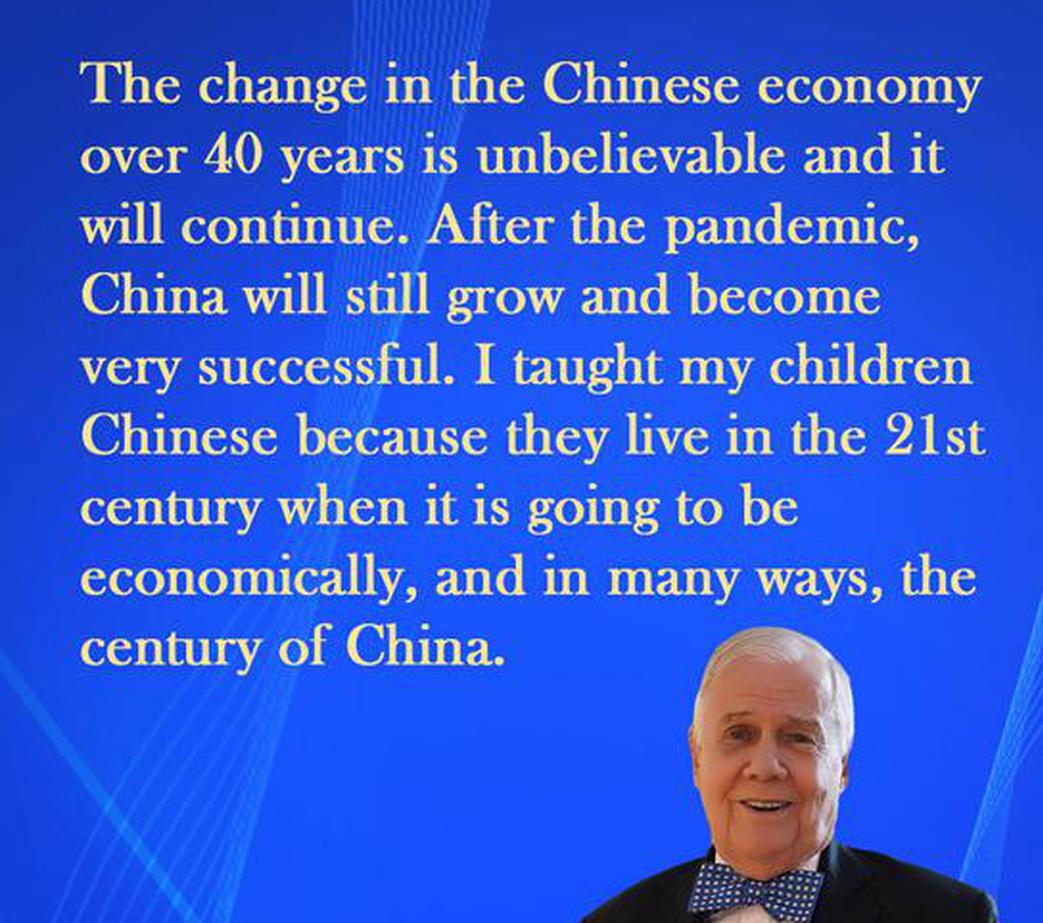





 京公网安备 11010202009201号
京公网安备 11010202009201号